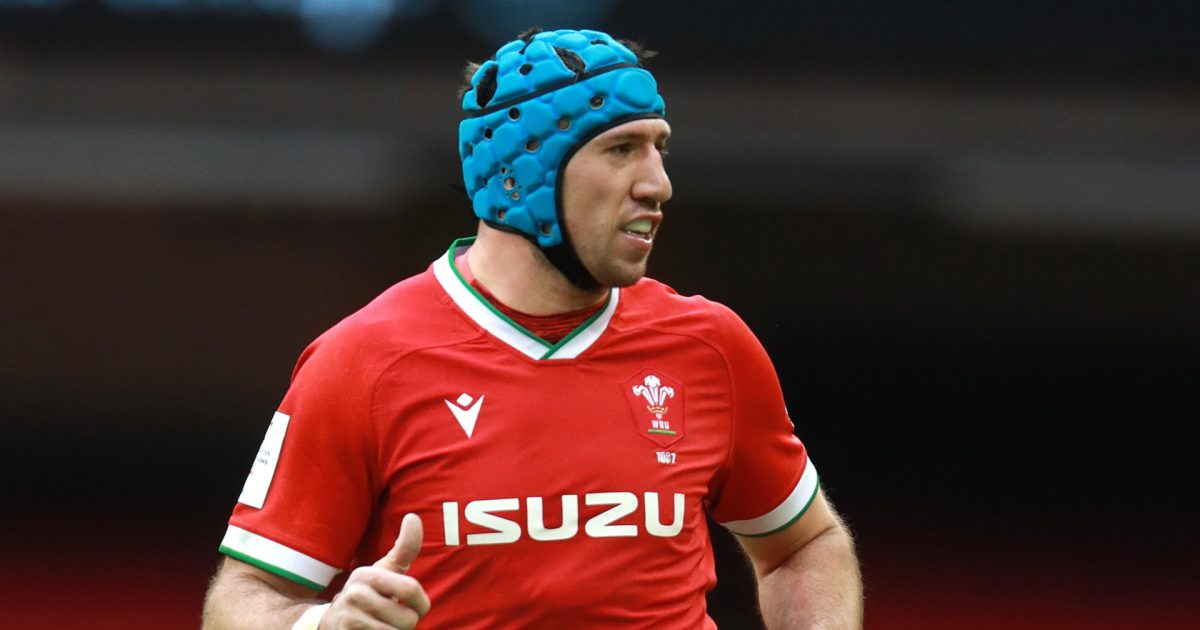Ospreys statement: Justin Tipuric quits Test rugby with Wales

Wales’ Rugby World Cup hopes have been rocked by the shock decision of Justin Tipuric to retire from international rugby just four months before the start of the finals in France.
The 93-cap flanker started in Wales’ most recent game, the mid-March loss away to the French in the Guinness Six Nations, and he had since been named by Warren Gatland in the 54-strong training squad announced on May 1 to prepare for the upcoming tournament.
However, the back-rower – who turns 34 in August – has now opted out to instead concentrate on only continuing to play for the Ospreys.
A statement on the Ospreys website read: “In a decision that will be sorely felt by Welsh rugby, Justin Tipuric has announced his retirement from the international stage today after winning 93 caps for his country.
“The Trebanos RFC product has been a mainstay in the Welsh squad since his international debut back in 2011. Known for his incredible work rate, agility, and rugby IQ, Tipuric has been an integral part of the Welsh national team for over a decade.
“He has contributed significantly to Welsh rugby’s recent successes, helping the team win four Six Nations tournaments, including two Grand Slams. Having made his debut against Argentina back in 2011, Tipuric has been a mainstay of Welsh rugby for over a decade.
“In that time, he became known as one of the finest open-side flankers in the game. His work rate and ability to steal the ball at the breakdown have made him a vital component of the Welsh team.”
Tipuric explained: “During the off-season I have had time to reflect on my playing career and now seems the right time to step away from international rugby. It has been a privilege to put on the Welsh jersey and have so many great memories.
“I’d like to thank all the players and coaches that l have been fortunate enough to work with over the years and the wonderful support I have received from the Welsh public. I’m looking forward to spending more time at home and putting all my energies into playing for my home region the Ospreys.”




























































































